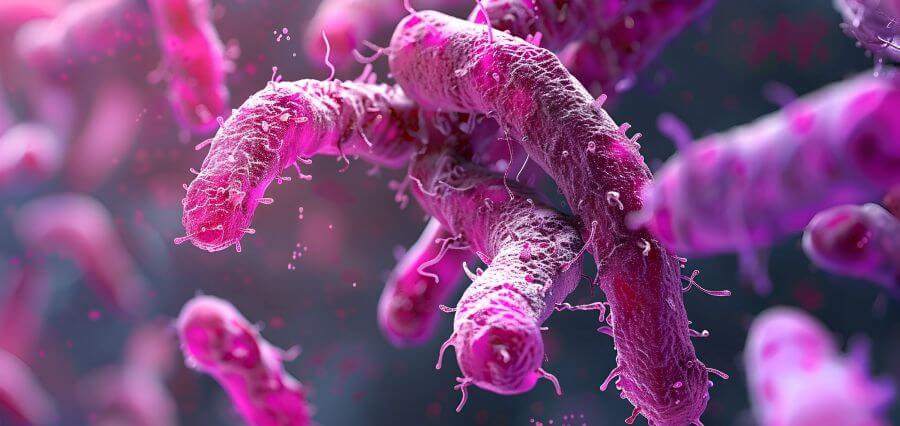Cancer rates are on the rise globally, with breast, lung, colorectal, prostate, and stomach cancers leading in terms of both new cases and deaths. Researchers have noticed differences in cancer prevalence between Asia and the West, possibly due to varying dietary habits, particularly regarding soy product consumption.
Soy products, abundant in Asia, contain compounds like isoflavones, phytosterols, and dietary fiber, which may help mitigate cancer risk. However, the effects of soy products on cancer risk may vary depending on the type of soy product and cancer.
This study aimed to systematically review the relationship between various soy products and cancer risk through a detailed dose-response meta-analysis. The review included 52 studies, comprising 35 case-control and 17 cohort studies, with a total of 44,932 cases and 861,372 participants.
Over 80% of the studies were conducted in Asia, primarily in Japan, China, Korea, and Singapore. Fifteen percent were conducted in the United States, and two in Europe.
Quality assessment indicated high-quality studies, with case-control studies averaging a score of 6.7 and cohort studies averaging 7.2. Adjustments for age were universal, with most studies also considering education level, smoking, drinking, energy intake, and body mass index (BMI).
An analysis of 28 studies, with 24,090 cases and 553,282 participants, found that high soy product intake was associated with a 31% reduced risk of cancer, particularly in women but not men. Significant risk reductions were observed in gynecological cancers, gastrointestinal cancers, prostate cancer, and lung cancer.
A separate analysis of tofu consumption, comprising seven cohort and 19 case-control studies with 18,729 cases and 312,770 participants, revealed that high tofu intake significantly reduced cancer risk by 22%, with consistent effects observed in both males and females. Significant risk reductions were seen in gynecological and gastrointestinal cancers.
Finally, an analysis of soymilk consumption, based on 11 studies with 177,626 participants and 8,269 cases, found that high soymilk intake was associated with a 25% reduced risk of cancer, particularly in case-control studies. Significant inverse associations were observed for gastrointestinal, upper aerodigestive, and ovarian cancers.
Overall, these findings suggest that soy products, including tofu and soymilk, may play a role in reducing the risk of certain cancers, particularly in Asian populations. However, further research is needed to better understand the mechanisms underlying these associations.
Read More: Click Here





